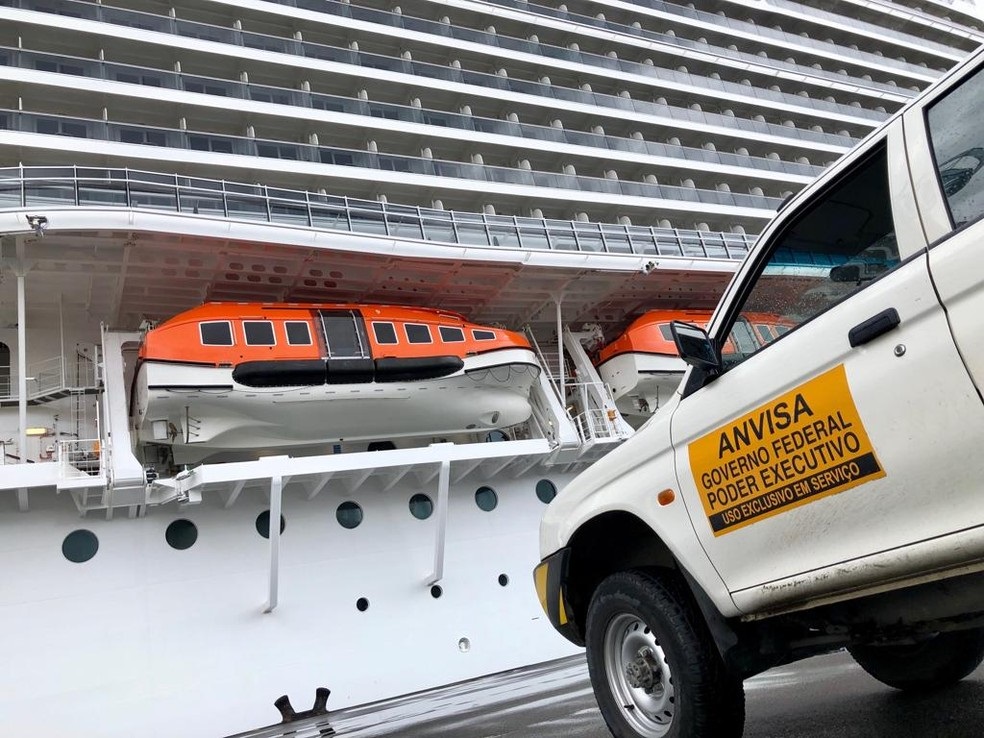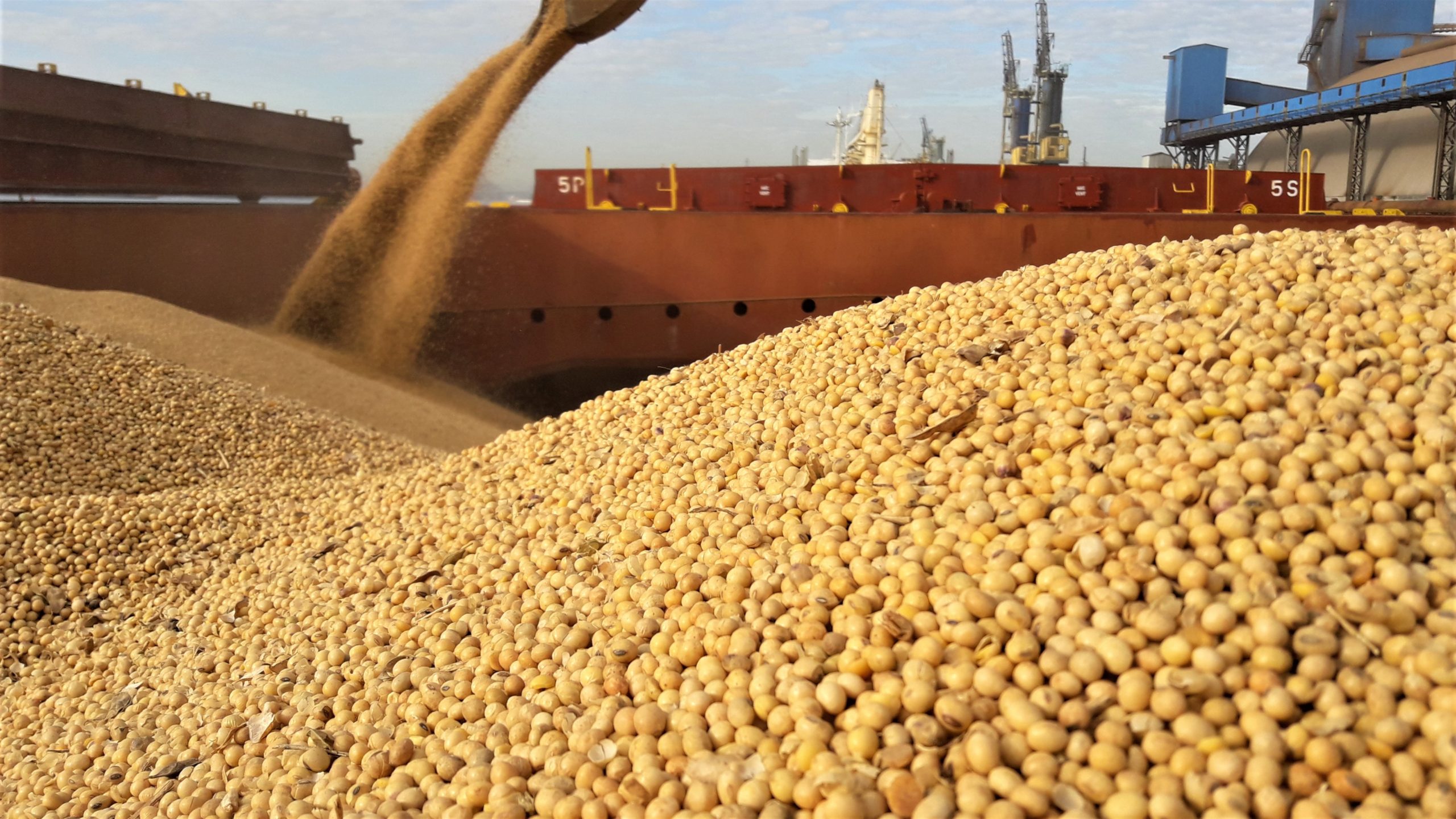
Port health controls in Brazil
read more

World’s most consumed oilseed, soya bean is also the most cultivated and profitable crop in Brazil and the main item on the export basket. Second only to iron ore in volume, soya bean exports increased almost two-fold over the last decade due to the expansion of harvested area and the use of advanced agricultural technology that boosted productivity.
The tariff dispute between the United States and China also contributed to Brazil becoming the largest producer and exporter of this annual legume, followed by the USA and Argentina.
Although it has been half a century since soya bean exports kicked in, it was only recently that China surpassed Europe as the top destination for the ever-larger Brazilian shipments – and that the risks associated with the sea carriage of this commodity over longer distances expanded.
Transit time to Asia is more than twice that taken to most European ports, and soya bean is a living cargo with an inherent tendency to deteriorate over time, depending on its moisture content and temperature. Indeed, in recent years, sea carriers and P&I insurers have faced substantial claims and demands for security due to cargo deterioration during the voyage from Brazil.
To help our clients and associates better understand how the soya bean has become a vital commodity for agribusiness and Brazil’s domestic economy, we have prepared this guide to look at the history and importance of the versatile oilseed, its cultivation and production, and the journey of the beans from the fields in central Brazil to the other side of the globe. We explain the national grading standards, the framework for quantification, loading and stowage of grain cargoes, and the liabilities involved.
Based on our hands-on experience and following the guidelines of international authorities and leading P&I clubs, we also provide advice on the main cargo risks in view of local factors and best practices for loading and carrying this precious bean across the seas.
We hope this guide will be a useful source of reference and practical information, and we welcome your comments and suggestions for corrections and improvements. We will do our best to keep an updated version available for free download on our website.
Please read our disclaimer.
Related topics:
Rua Barão de Cotegipe, 443 - Sala 610 - 96200-290 - Rio Grande/RS - Brazil
Telephone +55 53 3233 1500
proinde.riogrande@proinde.com.br
Rua Itororó, 3 - 3rd floor
11010-071 - Santos, SP - Brazil
Telephone +55 13 4009 9550
proinde@proinde.com.br
Av. Rio Branco, 45 - sala 2402
20090-003 - Rio de Janeiro, RJ - Brazil
Telephone +55 21 2253 6145
proinde.rio@proinde.com.br
Rua Professor Elpidio Pimentel, 320 sala 401 - 29065-060 – Vitoria, ES – Brazil
Telephone: +55 27 3337 1178
proinde.vitoria@proinde.com.br
Rua Miguel Calmon, 19 - sala 702 - 40015-010 – Salvador, BA – Brazil
Telephone: +55 71 3242 3384
proinde.salvador@proinde.com.br
Av. Visconde de Jequitinhonha, 209 - sala 402 - 51021-190 - Recife, PE - Brazil
Telephone +55 81 3328 6414
proinde.recife@proinde.com.br
Rua Osvaldo Cruz, 01, Sala 1408
60125-150 – Fortaleza-CE – Brazil
Telephone +55 85 3099 4068
proinde.fortaleza@proinde.com.br
Tv. Joaquim Furtado, Quadra 314, Lote 01, Sala 206 - 68447-000 – Barcarena, PA – Brazil
Telephone +55 91 99393 4252
proinde.belem@proinde.com.br
Av. Dr. Theomario Pinto da Costa, 811 - sala 204 - 69050-055 - Manaus, AM - Brazil
Telephone +55 92 3307-0653
proinde.manaus@proinde.com.br
Rua dos Azulões, Sala 111 - Edifício Office Tower - 65075-060 - São Luis, MA - Brazil
Telephone +55 98 99101-2939
proinde.belem@proinde.com.br